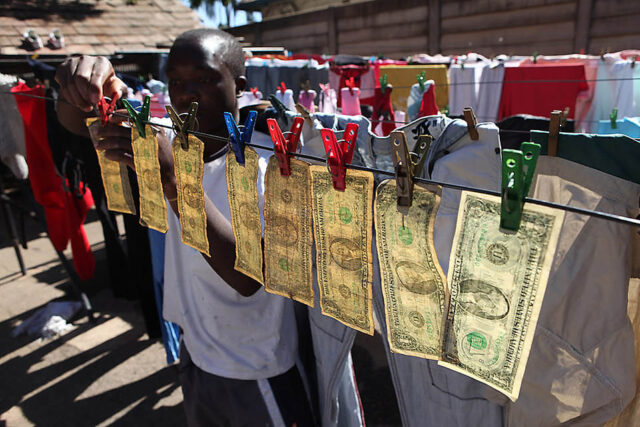Zimbabwe’s business sector in 2025 is a study in contrasts: economic optimism meets everyday hardship, and digital transformation competes with outdated systems. Here’s a look at the key developments shaping Zimbabwe’s business landscape this June — and what they mean for entrepreneurs, creatives, and consumers.
Hope on the Horizon: Economic Recovery in Motion
After a tough year dominated by drought and economic uncertainty, Zimbabwe is cautiously entering a recovery phase. The World Bank forecasts a promising 6% GDP growth this year, driven by a rebound in agriculture, mining, and tourism. Maize and tobacco production are expected to rise sharply, injecting much-needed vitality into rural economies.
Meanwhile, gold and lithium, Zimbabwe’s star minerals, continue to attract investment, with global demand pushing the mining sector to grow by 5.6%. But it’s not all glitter: high operational costs and frequent power outages are eating into profits and testing investor patience.
New Currency, Old Problems: ZiG Struggles to Win Trust
Zimbabwe’s newest currency, the ZiG (Zimbabwe Gold), launched in April 2024, aimed to replace the collapsing Zimbabwe dollar. But the transition has been rocky. A year in, confidence remains low. While officials tout its “gold backing,” citizens continue to favor the U.S. dollar in shops, kombis, and markets.
Despite the Reserve Bank’s campaign to promote the ZiG, inflation remains high, nearly 92%, eroding consumer purchasing power and destabilizing prices across all sectors.
Business Under Pressure: Innovation or Exit?
Major companies are being forced to rethink their strategies. In a dramatic move, national carrier Air Zimbabwe announced plans to sell off two Boeing 777s in a bid to restructure its operations. Smaller firms, meanwhile, are quietly downsizing or pivoting online to stay afloat.
Still, some Zimbabwean entrepreneurs are finding creative ways to adapt. From digital payment innovations to agro-based startups pivoting toward climate-smart practices, local businesses are redefining resilience one bold step at a time.
The Radio Tax That’s Got Everyone Talking
In a move that sparked nationwide outrage, a new regulation requires all vehicle owners to pay a US$92 annual radio levy before renewing insurance or registration. Critics argue that the levy unfairly burdens citizens especially as state broadcaster ZBC continues to face accusations of poor programming and lack of independence.
“Why should I pay for something I don’t even use?” asks Rudo, a Harare-based software developer. “This feels less like development and more like desperation.”
What It All Means for Young Entrepreneurs
Amid the turbulence, one thing is clear: adaptability is the new currency. From clothing brands in Bulawayo tapping into e-commerce, to rural women farmers organizing co-ops to pool resources, Zimbabweans are proving that innovation can thrive even in uncertainty.
For young business owners and creatives, now is the time to lean into tech, collaborate across borders, and build brands that can outlast the volatility. The challenges are real but so is the potential.
Conclusion
Zimbabwe’s business world is shifting not always smoothly, but undeniably. Whether you’re a designer in Gweru, a fintech founder in Harare, or a farmer in Chipinge, the message is the same: change is here. The question is, how will you ride the wave?
http://afrluencer.com; http://facebook.com/afrluencermag



















